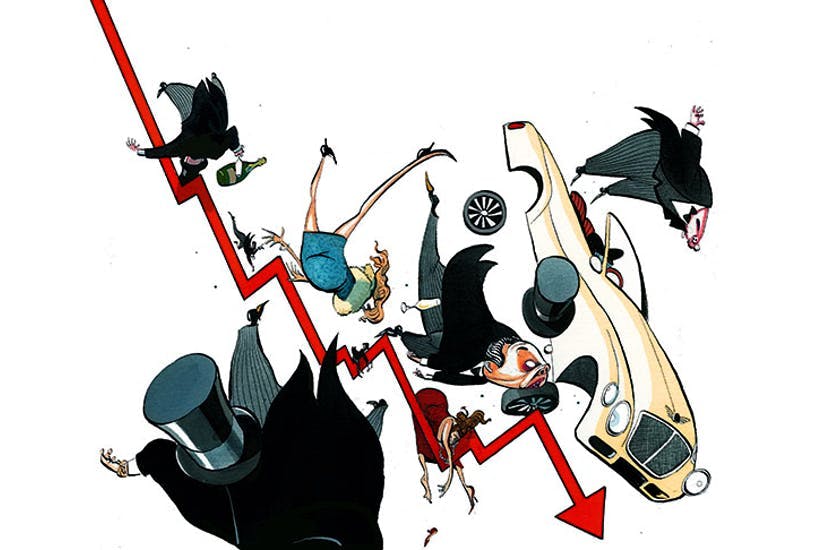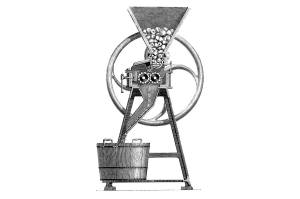It’s a bloodbath in the markets, but by how much could the real, global economy be affected by the coronavirus outbreak? A research note by Oxford Economics seeks to answer that question by comparing it with the experience of Japan following the 2011 earthquake and tsunami. On that occasion, Japan’s industrial production slumped by 15 percent in a single month, before taking several months to recover. The car industry was affected still more, with a 60 percent plunge in the month following the earthquake. Interestingly, notes the think tank, the part of Japan affected by the disaster accounted for only 3-4 percent of national industrial output, but factories elsewhere were affected by an interruption in the supply chain.
At the time, the Japanese economy accounted for 6 percent of the global economy. In 2020, China accounts for 17 percent of the global economy – so the potential for disruption is far greater. Oxford Economics estimates that the 2011 tsunami took 0.2 percent off global growth, while the effect of the coronavirus in China could take 0.8 percent off global growth this year. Even so, with the UN putting global growth last year at 2.3 percent, this implies that the coronavirus will not necessarily throw the world into recession.
But are a tsunami and an infectious disease really comparable? The tsunami was a one-off event — as soon as it was over, in most cases recovery and reconstruction could begin. The exception was the Fukushima nuclear plant, where the crisis was just beginning. The coronavirus, on the other hand, is an open-ended problem that has already spread well beyond China — although you would expect it to be better controlled in other countries, certainly developed countries, now that health authorities know what they are dealing with.
But coronavirus has yet to kill nearly as many people as the tsunami: 2,500 as opposed to estimates of around 18,500 killed in Japan. Nor has coronavirus left vast numbers homeless, demolished entire towns and taken out one of the country’s largest power stations. While factories are closed for an extended period, workers could return with production recommencing as soon as the factory gates reopen. There could well be a rapid catch-up in production.
What about the effect of the tsunami on the Japanese stock market? The initial shock to the Nikkei 225 was severe but brief. Having closed at 10,434 on 10 March, the day before the earthquake, within five days it had lost over 17 percent of its value, closing at 8,605 on March 15. However, it then rebounded and by July 8 it was, at 10,137, nearby back to where it had started. It was not to last, however, and by the end of the year it had slipped down to 8455, lower than in the immediate aftermath of the disaster.
This article was originally published on The Spectator’s UK website.



















